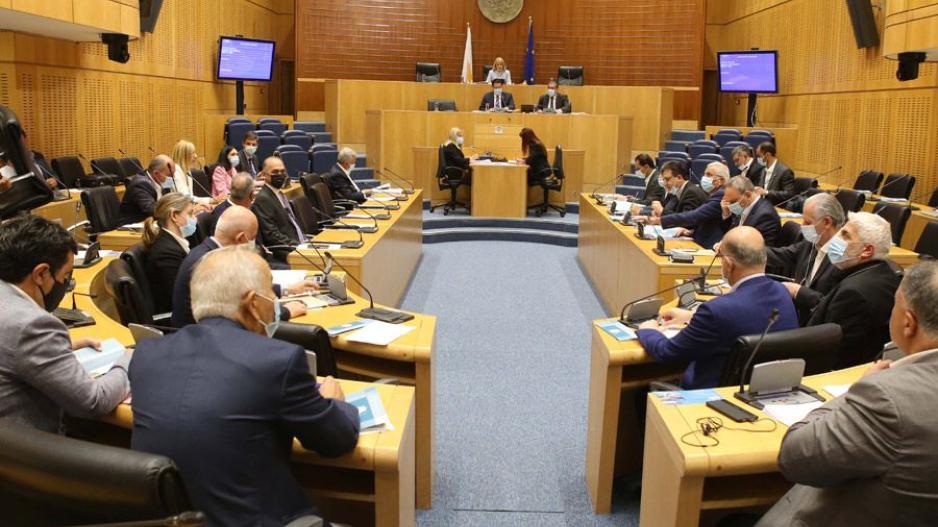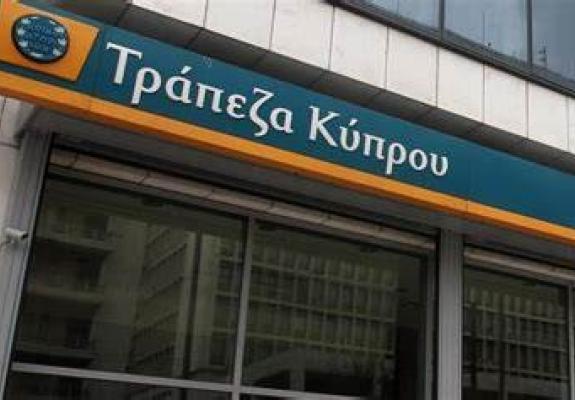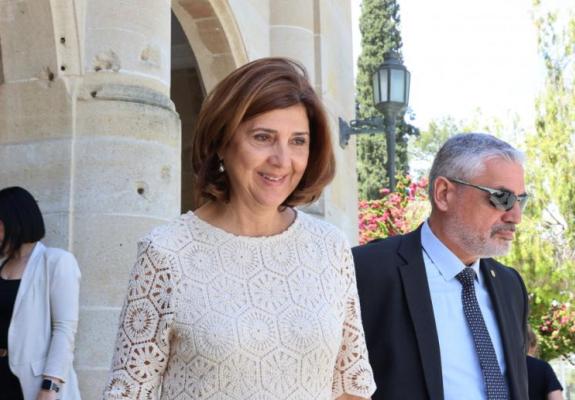Heated Debate Over Cyprus’ 2025 Budget: DISY and AKEL Criticize, While DIKO, EDEK, and DIPA Endorse
A tense atmosphere prevailed during yesterday’s opening of the parliamentary debate on the 2025 state budget.
A tense atmosphere prevailed during yesterday’s opening of the parliamentary debate on the 2025 state budget. While the two largest opposition parties, DISY and AKEL, unleashed fierce criticism against President Nikos Christodoulides’ administration, three other parties—DIKO, EDEK, and DIPA—voiced strong support, praising the government for its economic achievements.
Anita Demetriou (DISY): “We Expected Much More”
DISY President Anita Demetriou opened her remarks by lamenting what she called the government’s “indecisiveness and lack of clear direction” in its nearly two years in power. Despite initially giving the administration the benefit of the doubt, she argued that the country remains “stagnant, rather than moving forward,” leaving citizens frustrated. She emphasized that although DISY is in opposition, her party will still back constructive policies. However, she criticized the government for “repurposing” DISY-driven reforms without adding new vision.
Stefanos Stefanou (AKEL): “A Global First in Political Contradiction”
AKEL General Secretary Stefanos Stefanou described the situation as “theater of the absurd,” criticizing both the administration and the peculiar parliamentary alignments. He noted that, in his view, the current president is largely continuing the policies of the previous government—policies DISY now criticizes, even though they originally introduced them. Stefanou declared that AKEL will vote against the 2025 budget, arguing that it lacks “an ambitious developmental plan” and fails to address the rising cost of living.

Nikolas Papadopoulos (DIKO): “Economy Gains Credibility”
DIKO President Nikolas Papadopoulos painted a more optimistic picture, pointing to consecutive credit-rating upgrades that now place Cyprus firmly in the investment-grade “A” category for the first time in 13 years. Papadopoulos also highlighted the significant reduction in public debt, predicting it could fall below 60% of GDP by the end of 2025, earlier than planned. Acknowledging citizens’ financial hardships, he stressed that external factors alone are not to blame for persistent inflation and urged the President to appoint a panel of experts to examine the General Healthcare System (GHS or GeSY).
Marinos Sizopoulos (EDEK): “Positive Social Reforms”
EDEK leader Marinos Sizopoulos welcomed what he sees as “major strides in social policy,” including higher minimum wages and expanded housing programs. Calling for prudent management of public funds, he urged the government to continue cutting non-productive expenses and strengthen core social protections.
Marios Garoyian (DIPA): “We’ll Vote for Stability”
DIPA President Marios Garoyian reiterated his party’s decision to support the budget, framing it as a necessity for political and economic stability. While acknowledging multiple geopolitical and economic uncertainties, he argued that the government’s approach fosters continuity and predictability.
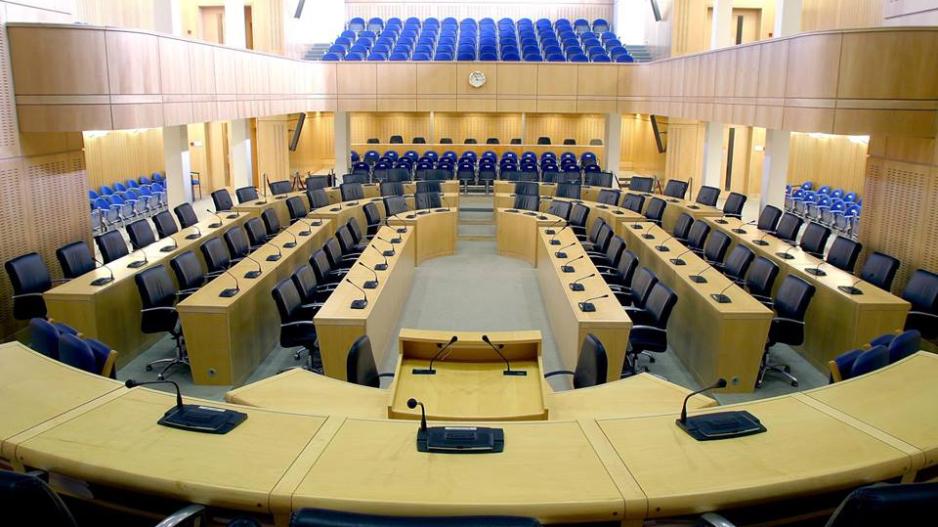
Despite positive economic indicators, both DISY and AKEL slammed the administration for allegedly slow progress on critical infrastructure and social issues. Criticism focused on stalled public works such as the Paphos–Polis Chrysochous road and the Larnaca Marina project.
Healthcare also emerged as a flashpoint. AKEL decried what it calls the government’s failure to curb escalating privatization, claiming that certain private funds are acquiring healthcare facilities at an aggressive pace. Papadopoulos (DIKO) echoed the need for an urgent commission to review GeSY operations to prevent monopolistic consolidation in the health sector.
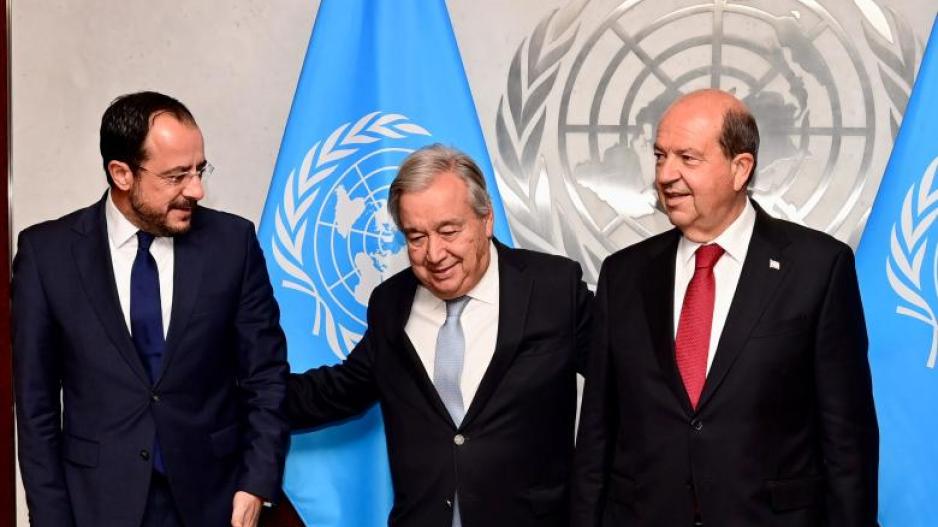
Many leaders used the budget debate to revisit long-standing national challenges. AKEL and DIKO both pointed to the resumption of negotiations over the Cyprus Problem, with Papadopoulos warning of “immense pressure” ahead. He urged the government’s negotiators to prevent any shift away from UN-backed parameters and avoid validating calls for a two-state solution.
